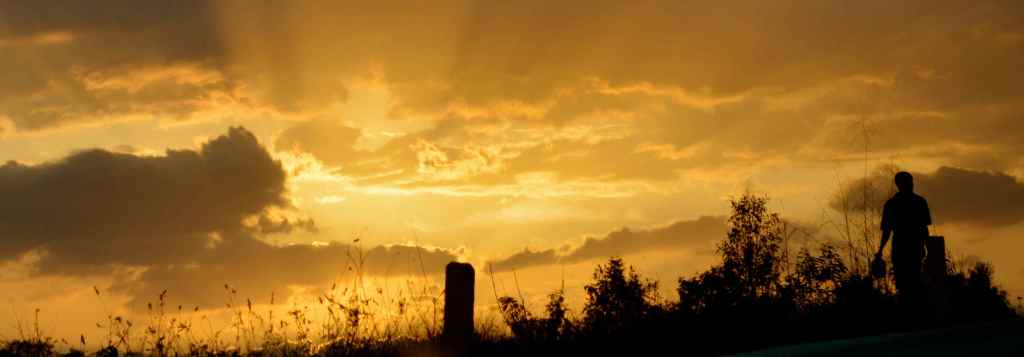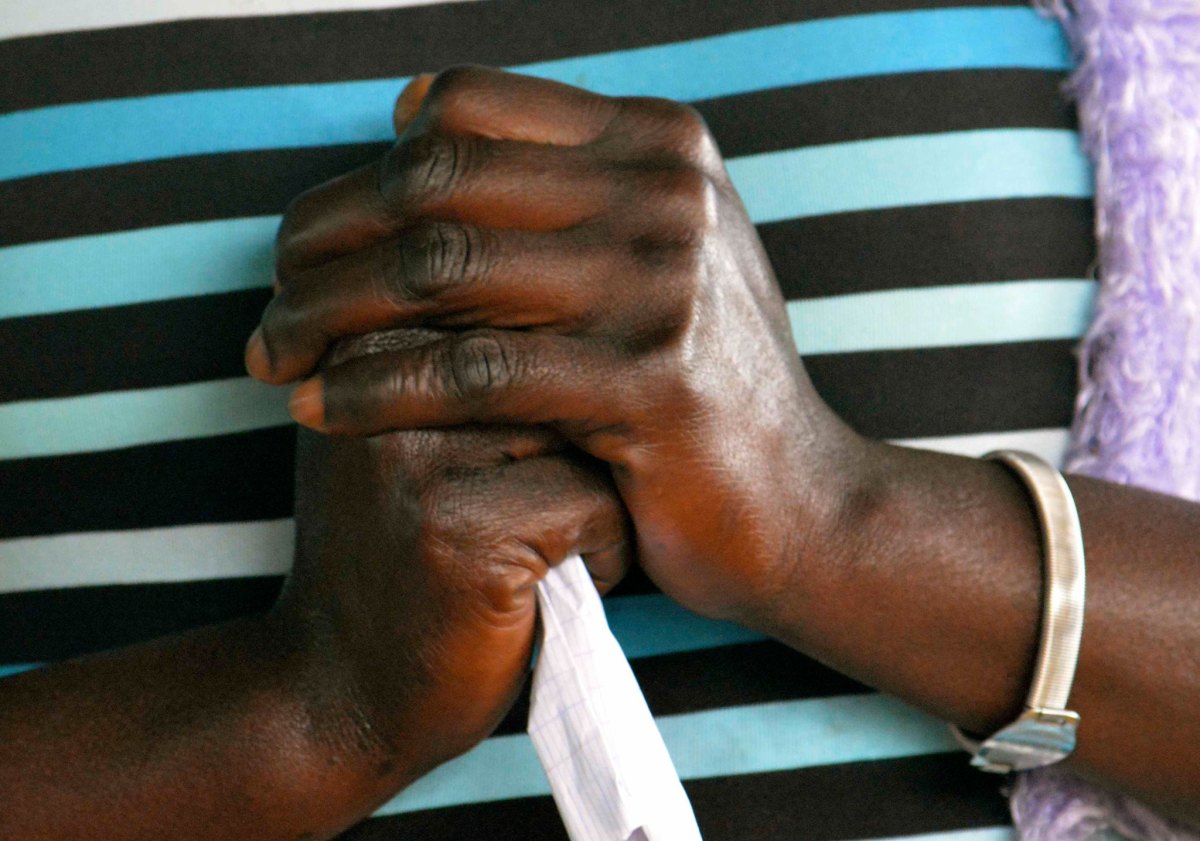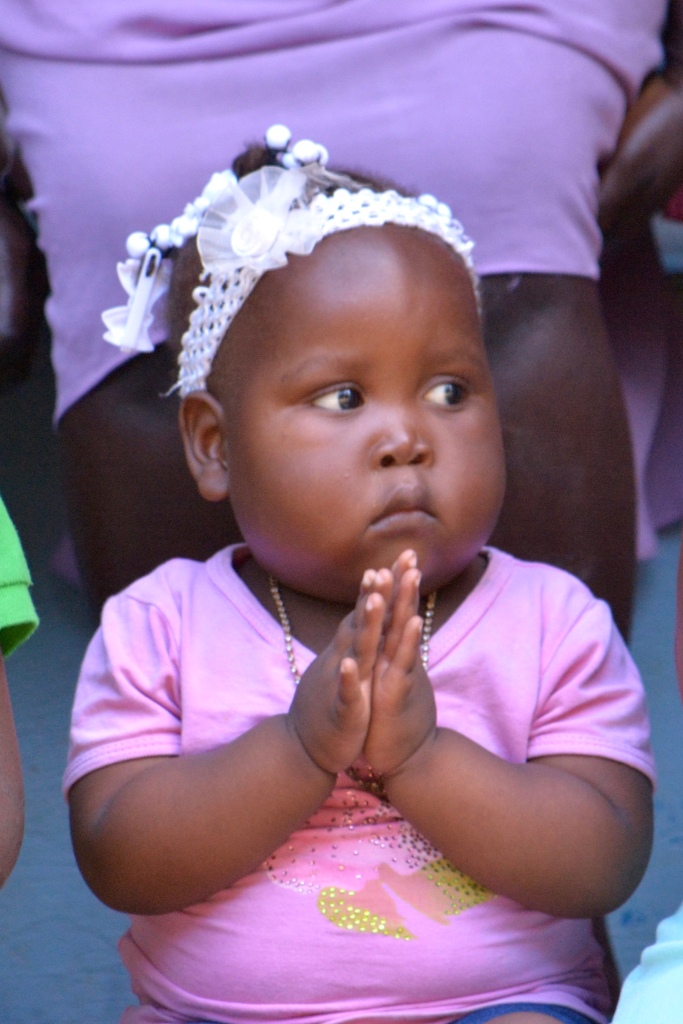
Trying a new thing. This seems like a good time a new thing.
I’m going to write.
I know. Shocking, right?
Well, it’s not like I haven’t been thinking about writing. That’s why I made this blog years ago. But I never seem to actually write.
The problem — my problem — is that I believe I need to write about the big topics — poverty and injustice and ways we must change the world. And not surprisingly, I don’t write those things. Too big. Too sad. Too much.
A couple of events, tiny events really, clarified this issue for me the other day.
Tiny moments that on their own mean little.
So I’m going to write them, tell the story of them.
So here I am.
It’s Epiphany Sunday. The first weekend of the new year, and the day before life will roar to life. Plans to make. Stuff to do. It’s the season.
I’m thinking a lot about seasons these days. A wonderful aspect of living in Haiti means living in seasons: mango season, rainy season, dry season, kinep season.
Whether fruits or weather, it’s how we measure time. And if you don’t like the season you’re in, you just settle in to wait for it to change. For the new season.
January is the dead of winter here, too. Except that instead to getting blown over by cold winds, you’re subject soft, cool breezes.
The great thing about seasons and having to endure the uncomfortable, there are delights like soft breezes and cool weather and bright sun shining on the woven leaves of the palm plant on the front porch.
These little bits of life are important to me. I just wanted to share.
The other night as I tried to sleep I heard a child crying. On and on. It’s not unusual to hear crying here. It’s a hard land. I imagined all kinds of horrible reasons for the child’s cry, hunger, corporal punishment, abuse. But the worst part was feeling totally helpless.
And understanding that helplessness.
The cool breeze slipped through the window, the crying stopped, and I slept.
The next morning I tried to forget my privilege that I can sleep knowing horrible things might be happening so close to me. It’s part of the life in a place like this. It’s the reality. And the truth is, I have no idea what had happened. I only know that the reasons I imagined are quite possible.
The house next door has two stories. From where I sat drinking coffee that next morning on my porch, I heard a child’s voice. On the outdoor stairs to second floor of the neighbors’ house, a little girl about 10 was reading out of book spread over her knees.
She seemed to be reading from the book and repeating what she’d read.
I said good morning.
“Bonjou!” She responded in the sing-songy way of children.
I asked if she was studying.
“Wi!”
It sounded like “WEEEEEEE.” With enough breath to pierce a balloon.
Are you ready to go back to school?
Again, “WEEEEEE!”
She smiled. I think her mom cleans house for my neighbors. I only see her and her siblings on occasion, when they dance in those stairs or come over to our yard to gather the kineps that fall off the tree here.
Two little ones. Two stories. One possibly terribly sad. One definitely hopeful.
I remember how helpless I’d felt the night before. And I realized that helpless doesn’t mean hopeless.
And I wanted to tell you this.
I want to write again. Regularly. With big stories and little bit no less important moments.
I’m in my Haiti. I’m so grateful. I want to do more, and be more.
And all I know, is that in this season, I will write more.
Let me know what stories you want to hear.
Or, if not, I’m glad to choose.














